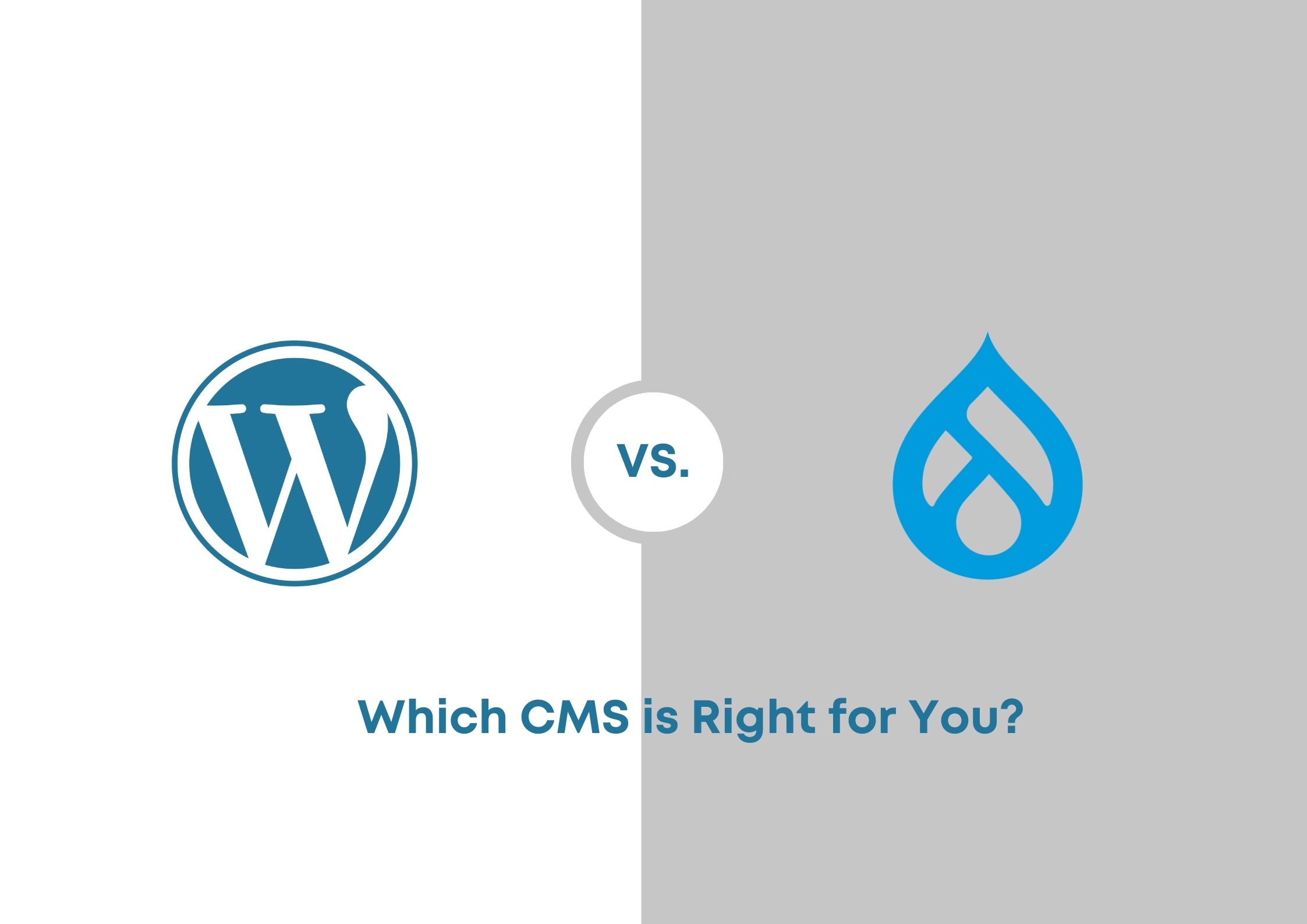DEVELOPMENT & AFTERCARE
WordPress vs. Drupal: which one is better for you?

At Stix, we have had the opportunity to work on both popular CMSs, WordPress and Drupal. Some times because of our client’s request, some times because we were assigned to support an existing project.
WordPress is the CMS market leader, powering 43.2% of the websites online, with a CMS market share of 63.5%. Its popularity stems from its user-friendly interface and extensive customisation options. Drupal is known for its robustness and flexibility, making it a favourite among developers (and public sector too) for complex and high-traffic websites.
In theory, there are quite a few pros and cons between these 2 systems. But in practice, we have narrowed down their differences to just a few:
- Ease of Use: Although WordPress is famously known as the most easy to use CMS, Drupal has made vast improvements to its user friendliness. Also, depending on implementation, WP can be sometimes too complicated to a novice user. But, we can’t deny that the learning curve of Drupal is steeper.
- Performance: in WordPress, heavy use of plugins and themes can slow down your site, requiring optimisation for faster load times. Drupal handles its modules better and, although it may need better hardware than WordPress to run, it is more efficient and more scalable, especially for big and complex websites.
- Cost: the number of available plugins and the vast number of available resources for WordPress makes it faster and less expensive than Drupal when it comes to website building. Low cost projects should go with WordPress.
WordPress is often criticised for being insecure, but this is a misconception. Drupal is not inherently more secure, even though it is considered a more robust platform. Both systems are open-source and can become vulnerable at any time, so the same security measures should be applied to both (i.e. frequent updates, careful selection of plugins/modules, best practice approach for all bespoke development etc.).
Conclusion
Choosing between WordPress and Drupal depends on your specific needs and technical expertise. If you’re looking for a simpler, user-friendly CMS with a vast ecosystem, WordPress is an excellent choice. However, if your project requires a high level of customisation and performance, Drupal might be the better option.
Both platforms have their strengths and weaknesses, so weigh your priorities and requirements carefully before making a decision. Budget should also be considered. Either way, you’re in good hands with these powerful CMS options, as long as your agency is an expert at them.
At Stix, we can help you make the choice, based on our year-long international experience with both systems.